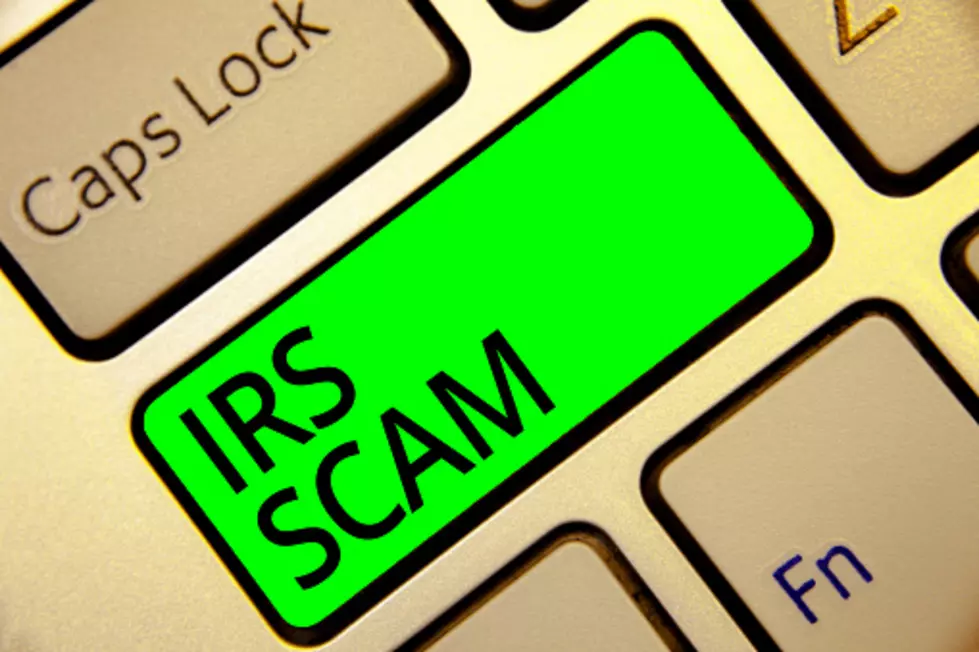
Rockford BBB: It’s Tax Time, So Beware Of These Local Tax Scams
The 2024 tax season officially begins on Monday, January 29th, and the Rockford Regional Office of the Better Business Bureau (BBB) is doing their best to alert us to the schemes that con artists will be using over the next several weeks to take your money, personal identity information, and peace of mind.
So, just how big of a problem are tax scams? According to the IRS, taxpayers lost $5.7 billion due to tax scams and fraud in 2022, with more expected this year.
Dennis Horton, director of the Rockford Regional Office of the BBB:
Regardless of how you choose to have your taxes prepared, you could encounter a scam attempt. As the 2024 tax season opens, tax scammers come out of the woodwork. They often start with fear, utilizing imposter phone calls, texts, emails, and phony letters playing on their target’s emotions.
According To Both The BBB And The IRS, There Are Several Ways You Could Find Yourself The Victim Of A Tax Scam This Year
Telling you to beware of tax scams isn't particularly helpful if you don't know what to look for, so let's run down some of the top ways scammers are victimizing people during tax season:
Tax Identity Theft: Is when a scammer uses your Social Security number to file a tax return in your name and collect your refund. Scammers steal your tax information in several ways. It could be a phony tax preparation service, a data breach, a hack, or a phishing scam, where you are tricked into clicking on a link in a text message that downloads malware to your device. Most people don't even realize they've been scammed until they file their taxes, or later.
Email Phishing Scams: These phony emails look like they're from the IRS and include a link to a bogus website intended to mirror the official IRS website. These fraudulent emails direct you to update your IRS e-file immediately, or there is a problem with your taxes and sometimes mention USA.gov or a variation of the real IRS site. Scammers want you to call the fake number in the email or click on a link to steal money and ID information.
But Wait, There's More...
IRS Impersonation Scams: This scam often starts with a phone call and can take two basic forms. In the first version, the IRS “agent” says you owe back taxes and pressures you into paying by prepaid debit card or wire transfer. The scammer threatens you with arrest and fines if you don’t comply. Scammers can also claim they are issuing tax refunds and need your information. The scammer might even give a fake badge number and name or use a spoofed Caller ID, looking like it’s coming from an official agency.
"Ghost" Shady Tax Preparers: These scammers set up shop around tax time, usually in a vacant storefront. They will often promise tax filers fast or large refunds. These “ghost” tax preparers can be individuals who bypass checks and balances in the tax preparer certification system. You might lose your refund and pay high fees, and if something goes wrong with your return, they are nowhere to be found.
Fame and Fortune: These Are the Richest Celebrities in the World
Gallery Credit: Stacker
More From WROK 1440 AM / 96.1 FM









